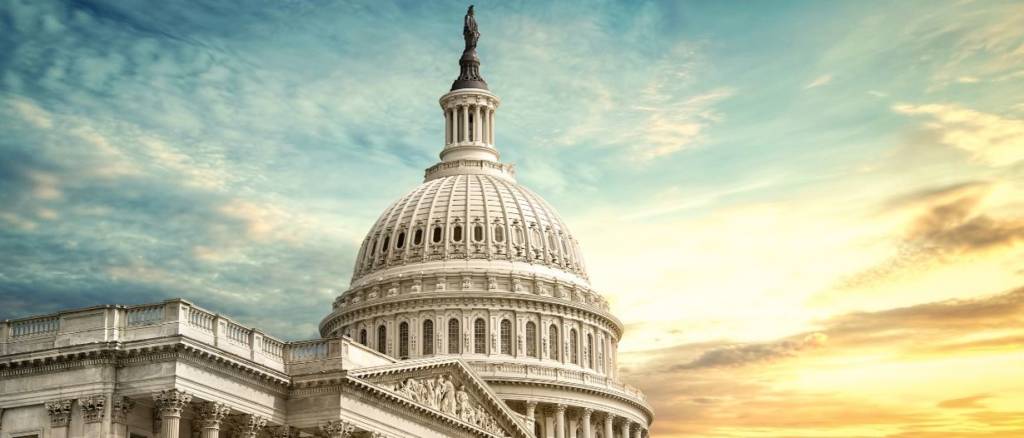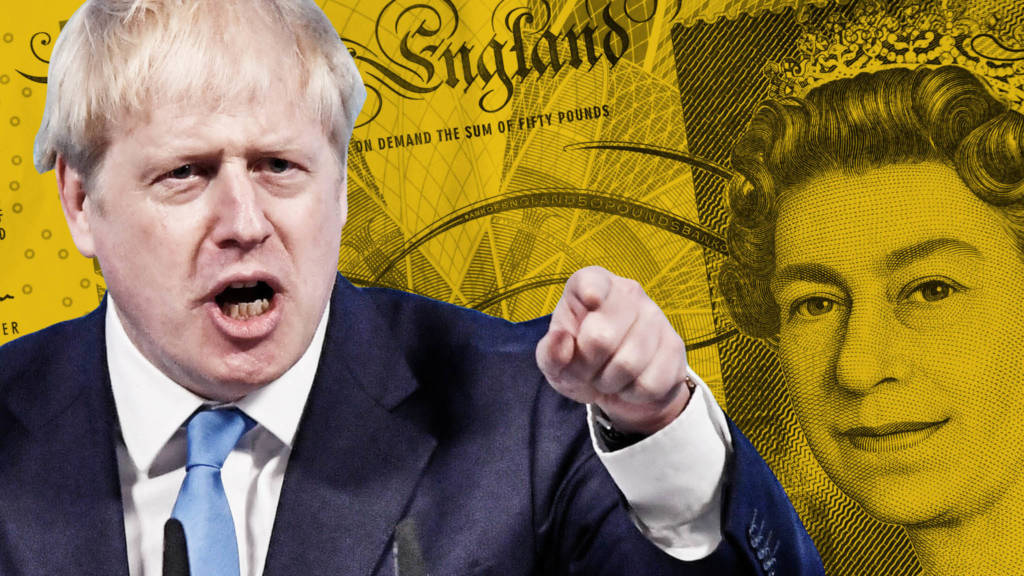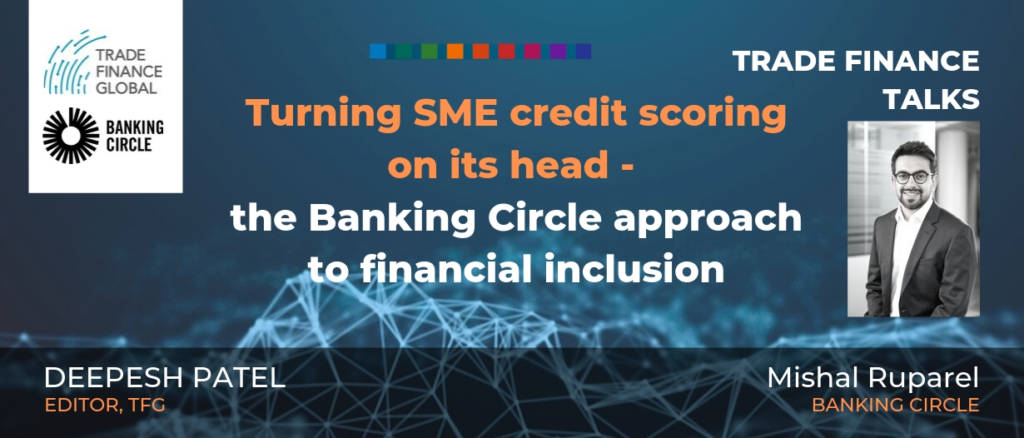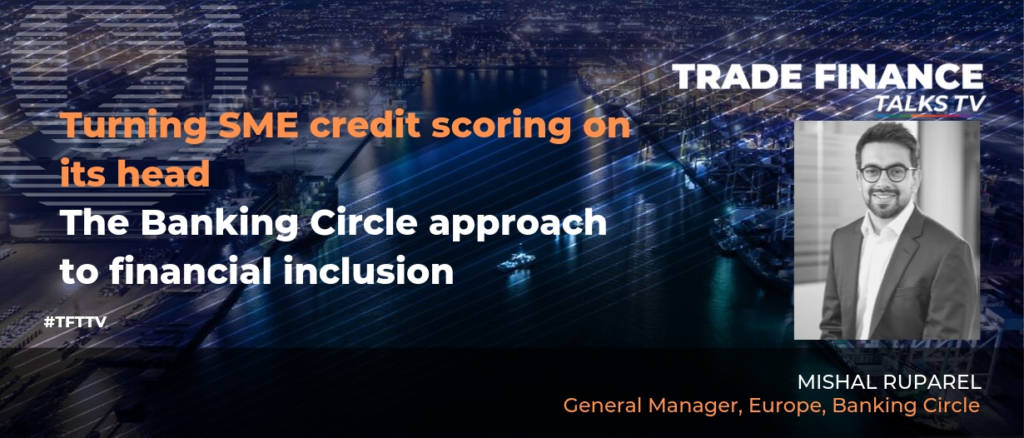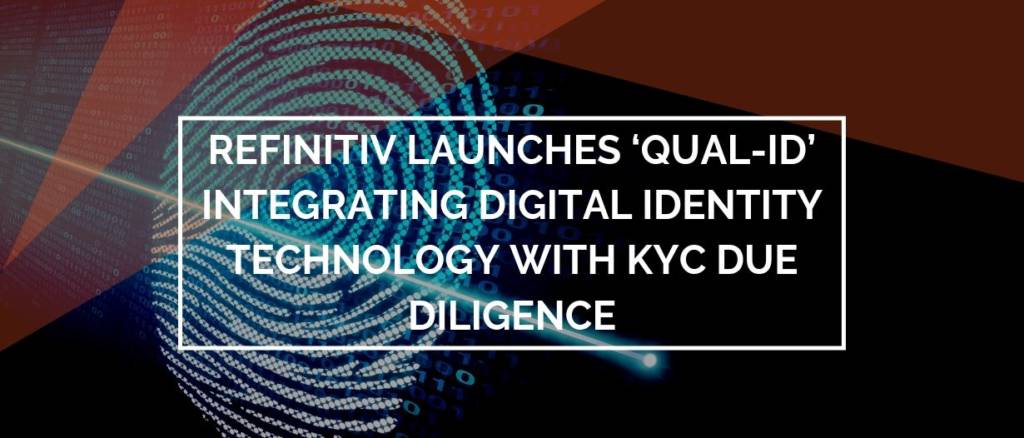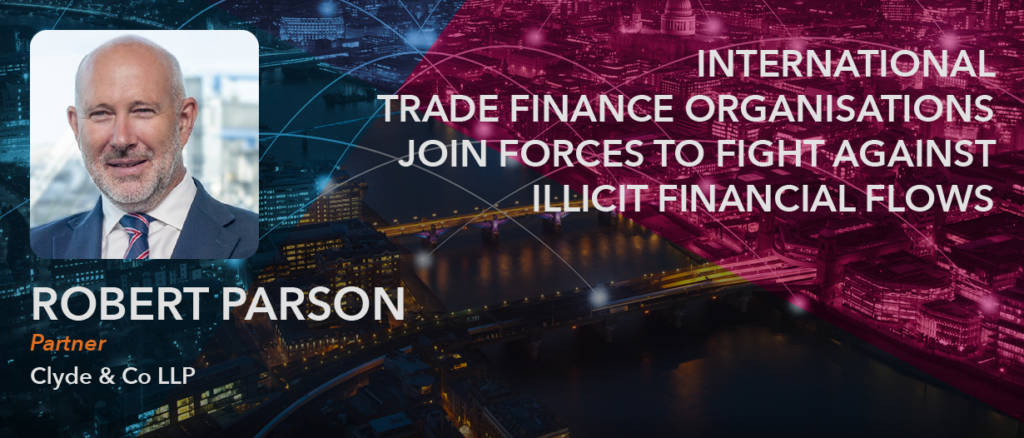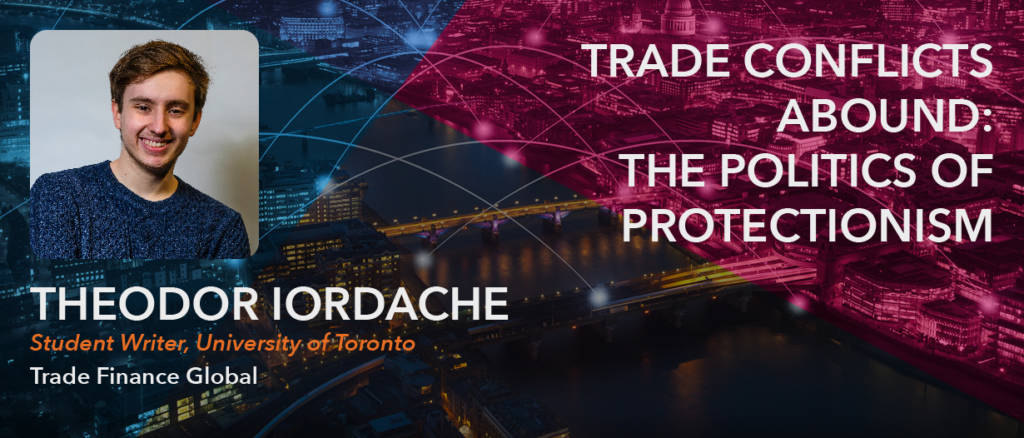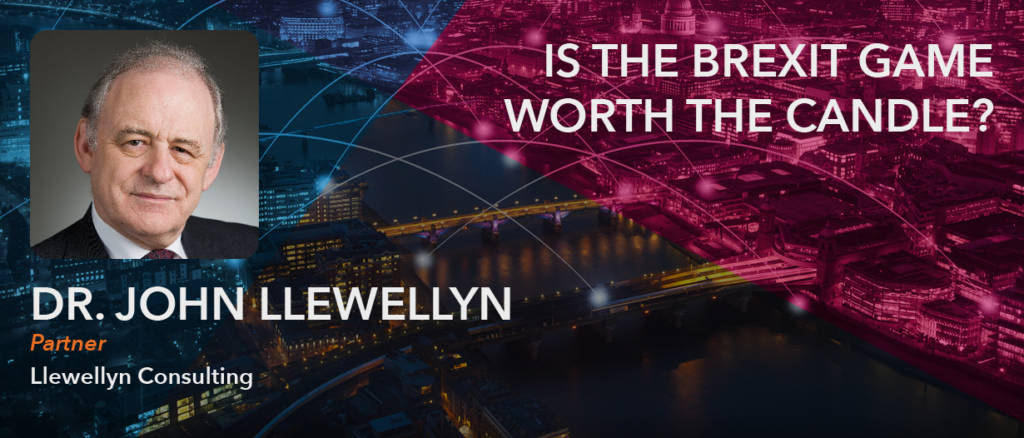American consumers are currently sitting on a fairly huge nest egg. Equity is at a higher level than ever before, and the personal saving rate has risen to a considerable 7.9% according to NASDAQ figures.
With two Brexit deadlines in 2020, it’s already looking like an eventful year for sterling. For more details on key events coming up for the pound, euro and dollar in 2020, be sure to download Smart Currency Business’s upcoming Quarterly Forecast, which will be released mid-January.
While Boris Johnson’s record for winning votes in Parliament is rather poor (one out of seven) he did, at least, get a majority of thirty for getting his deal through, even if it wasn’t within the timeframe he wanted. In the end, he missed his deadline and was forced down an alternative path.
TFG spoke to Mishal Ruparel, General Manager at Banking Circle, about the new applications of technology in banking to help better serve the underbanked SMEs. Using AI-driven credit scoring and new approaches to analyse credit card transaction data, Banking Circle’s proposition is game-changing the world of SME finance.
In Europe, small and mid-sized companies make up an astonishing 99% of all businesses – and over the last five years they generated 85% of all new jobs in the region. at a time of accelerating economic uncertainty and technological change, it would be irresponsible for those of us with the power to act not to do what we can to give the drivers of Europe’s economy the tools they need to succeed.
Banks Can Now Offer Their Customers More Rate Certainty on Cross-Currency Payments NEW YORK CITY – Cross-currency transactions are an increasingly common and valuable part of business for small and… read more →
Qual-ID’ combines digital ID verification and document proofing from Trulioo with risk screening from World-Check in a single point of access September 23, 2019: Refinitiv has taken a significant step forward… read more →
In Global Financial Integrity’s 2019 update “Illicit Financial Flows to and from 148 Developing Countries 2006 – 2015” the estimate of illicit outflows of trade related payments from developing economies for 2015 alone was counted in the hundreds of billions – greater in value in fact than the aid budgets flowing into those countries.
Over the past few weeks, trade spats have shaken global markets. Worldwide, trade conflicts are being borne of political rather than economic woes — is this the new normal?
There is, so far as I am aware, little or no precedent for what the UK is attempting to do: seeking to reduce unfettered access to its closest and most important market – which also happens to be one of the world’s two largest. In 2018, 46% of the UK’s exports went to the EU, and 54% of UK imports came from it. Almost all countries in the world try to make trade deals, not dismantle them.















